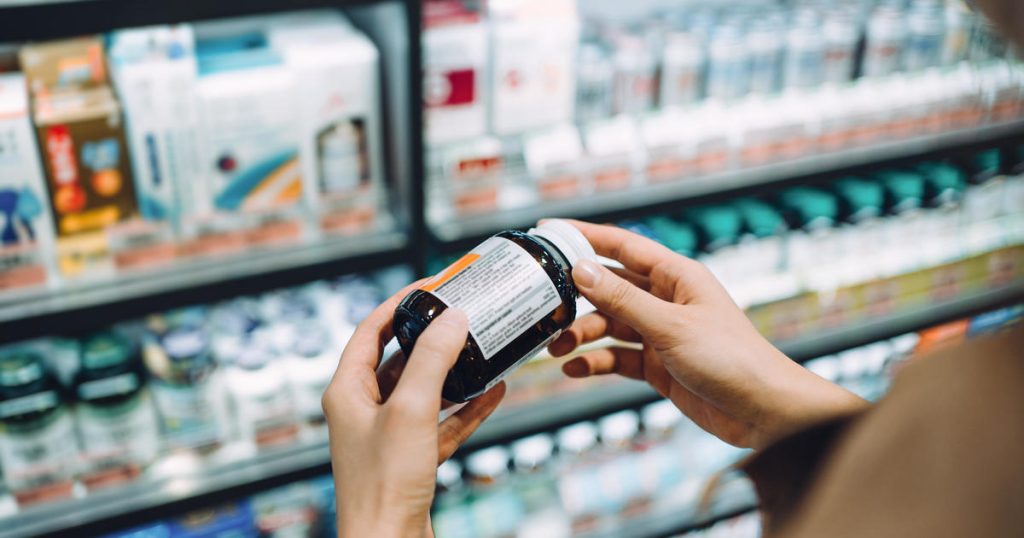The recall of red yeast products in Japan linked to at least five deaths has caused concerns about the safety of dietary supplements with similar ingredients in the U.S. The products recalled by Kobayashi Pharmaceutical Co. contain benikoji, derived from a mold species, and have been exported to other countries including China and Taiwan. While no products containing benikoji have been recalled in the U.S., experts believe that the issue in Japan could also affect products in other markets, including the U.S.
The scenario in Japan raises concerns about the quality control of dietary supplements, as unwanted substances may have entered Kobayashi’s production line. The supply chains for health and dietary supplements are similar to those for prescription drugs, with products manufactured in one country and then shipped to various geographic markets. While Kobayashi is working to increase sales of its products in the U.S. and other countries, there is a “buyer beware” situation for consumers purchasing supplements.
When made properly, yeast grown on rice can produce compounds like lovastatin, known for lowering cholesterol. However, if production goes wrong, harmful chemicals like citrinin, which is linked to kidney toxicity in animals, can be produced. ConsumerLab.com found citrinin in 30% of red yeast rice supplements tested in 2022, with some products exceeding European limits for the chemical. Since lovastatin is classified as a drug, supplement makers may leave it out to avoid additional regulatory scrutiny.
The availability of red yeast supplements in the U.S. as a less expensive alternative to prescription statins has led many consumers to purchase them over the counter. However, it is challenging for consumers to verify a supplement’s ingredients and determine if they contain unlisted substances. Cooperman advises consumers to consult a doctor and use a prescription cholesterol lower if needed, as it provides more certainty about the ingredients in the product. He also emphasizes caution in taking supplements, as some brands may not meet quality standards.
Overall, the recall of red yeast products in Japan highlights the importance of quality control in the production of dietary supplements. Consumers are urged to be cautious when purchasing supplements and to consider consulting a healthcare professional before using them. The lack of strict regulations for supplements compared to pharmaceuticals underscores the need for greater transparency and accountability in the industry to ensure the safety and efficacy of these products.


